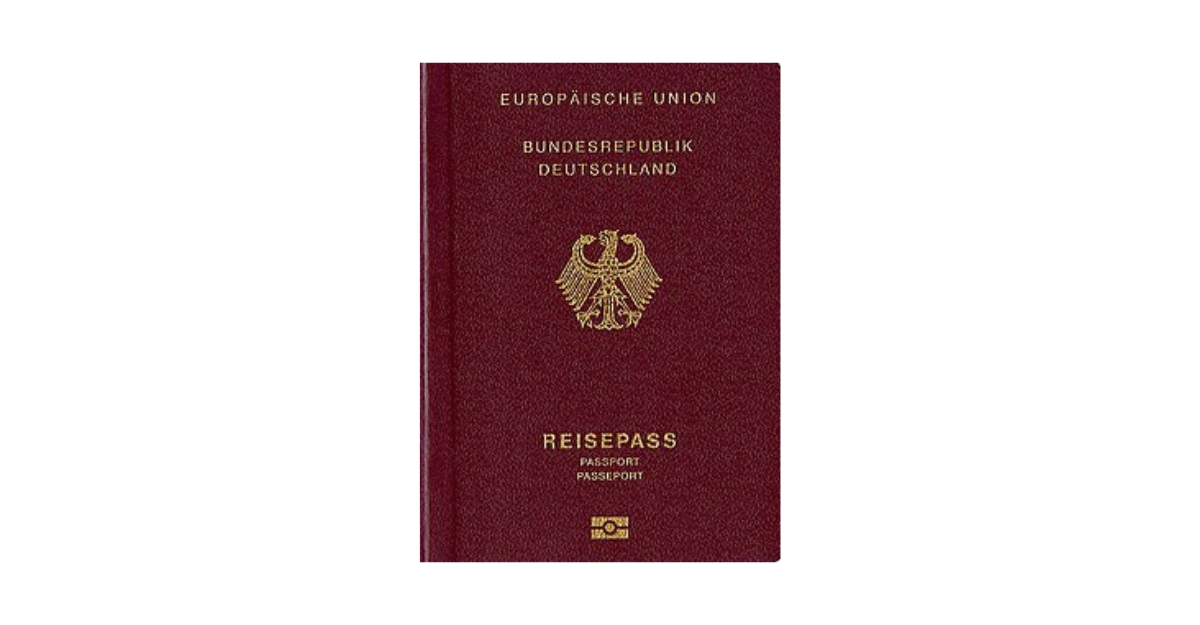In an era of increasing global mobility, Germany remains a sought-after destination, attracting numerous visitors and individuals aspiring to establish long-term residency. However, obtaining a valid visa is often a prerequisite for entry. This article explores the intricacies of Germany’s visa system, covering types, application procedures, frequently asked questions, and guidelines for visa extensions.
Who Needs a Visa for Germany ?
Germany, a perennial hub for tourists and potential long-term residents, witnessed the issuance of 1.959.401 short-term visas and 324.636 long-term visas in 2019 alone. Understanding the necessity of a visa is crucial for those planning to visit or reside in Germany.
Tourism and Short-Stay Visas :
– If your visit is for tourism purposes, a short-stay visa is generally unnecessary for nationals of 62 visa-exempt countries.
– The German Tourist visa permits a maximum stay of 90 days within a 180-day period, allowing travel not only to Germany but also to the other 27 Schengen countries.
Types of German Visas : Navigating Purposeful Entry
Given the diverse reasons individuals may have for entering Germany, the German Immigration Authorities have established various visa types to cater to specific needs. Here are key German visa types :
1. Germany Airport Transit Visa :
– Designed for transiting through a German airport.
2. Germany Schengen Visa :
– For tourism, visiting family and friends, medical treatment, official, cultural, or sports visits.
3. Germany Business Visa :
– Facilitates attendance at meetings and other business-related events.
4. Germany Student Visa :
– For prospective and admitted students, as well as visas for language courses and internships.
5. Germany Researcher and Employment Visas :
– Catering to international scholars, researchers, job seekers, and individuals with job offers.
6. Germany Family Reunion and Medical Treatment Visas :
– For family members and those seeking medical treatment in Germany.
Staying Longer than 90 Days : Long Stay Visas and Residence Permits
For stays exceeding 90 days, long-stay visas are essential. However, nationals of specific countries are exempt, including EU/EEA/EFTA countries, Australia, Israel, Japan, Canada, New Zealand, South Korea, and the United States. Upon arrival, a German residence permit is mandatory. Types of residence permits include :
– Student Residence Permit : For students participating in training programs or university studies.
– Employment Residence Permit : Issued to those securing a job offer in Germany.
– Family Reunion Residence Permit : Facilitates family reunification.
– EU Blue Card : A residency permit designed for highly skilled professionals.
– Permanent Residence Permit : For settling in Germany.
How to Apply for a Germany Visa : A Step-by-Step Guide
Applying for a German visa involves several steps, varying based on the country of application. The general process includes :
1. Online Application :
– Complete the online visa application form.
2. Document Preparation :
– Gather the necessary documents.
3. Interview Setup :
– Schedule an interview at the embassy/consulate.
4. Attend Interview :
– Attend the scheduled visa interview.
Importantly, consider to connect with check German Visa for Indians to know more
5. Fingerprint Submission :
– Submit fingerprints as part of the process.
6. Payment of Visa Fee :
– Pay the applicable visa application fee.
7. Travel to Germany :
– Once approved, proceed with travel plans.
Where to Apply for a Germany Visa : Navigating the Application Process
The application process differs for short-stay and long-stay visas :
– Short-Stay Visa :
– Apply at a German mission in your home country or nearby.
– Long-Stay Visa :
– Apply at a German embassy or consulate for the entry visa.
– Upon arrival, register at the Foreigner’s Office for a residence permit.
Visa Rejection : Understanding the Reasons and Appeal Process
In the event of a visa rejection, the applicant receives a reason for the decision. If deemed unjust, applicants have the option to appeal by submitting an appeal letter for visa refusal.
Processing Time and Costs : What to Expect
The processing time for a Germany visa is generally up to 15 business days, with long-term visas potentially taking several months. Costs vary based on factors such as the type of visa and the applicant’s age. The fee remains non-refundable, irrespective of the denial of the application.
Duration of Stay with a Visa: Navigating Validity Periods
The validity of a German visa depends on the type :
– Short-Stay Visa :
– Ranges from 24 hours (Airport Transit) to 90 days (Tourist, Business).
– Long-Stay Visa :
– Varies based on the purpose, such as 6 months (Job Seeker), 4 years (EU Blue Card), or up to 3 years (Freelancer).
Germany Visa Extension : Guidelines and Requirements
Visa extensions are possible under specific circumstances, including force majeure, personal reasons, humanitarian reasons, or late entry. The extension process involves:
– Application at Foreigner’s Office :
– Submitting necessary documents, including a valid passport, visa, extension form, proof of income, and health insurance.
– Extension Fee :
– A fee of €30 for personal reasons or late entry; waived for humanitarian reasons or force majeure.
Visa Revocation : Reasons and Reapplication
A Germany visa can be revoked if conditions change, false information is provided, or a crime is committed. Reapplication is possible, though the process may be more challenging after revocation.
Conclusion : Navigating the Visa Journey
Navigating the German visa landscape requires a thorough understanding of the types, application processes, and potential extensions. Whether for short-term visits or long-term stays, applicants must adhere to guidelines, ensuring a seamless journey through the visa application process. Germany’s rich cultural tapestry and economic opportunities await those who successfully navigate the visa landscape.

